
Mecca, Saudi Arabia
What is Traditional Islamic Learning?
Traditional Islamic learning is a blessed heritage that has been preserved and passed down…
The true spirit of the traditional Islamic scholarly heritage is not stagnation but vibrant progress.

Traditional Islamic learning is a blessed heritage that has been preserved and passed down…

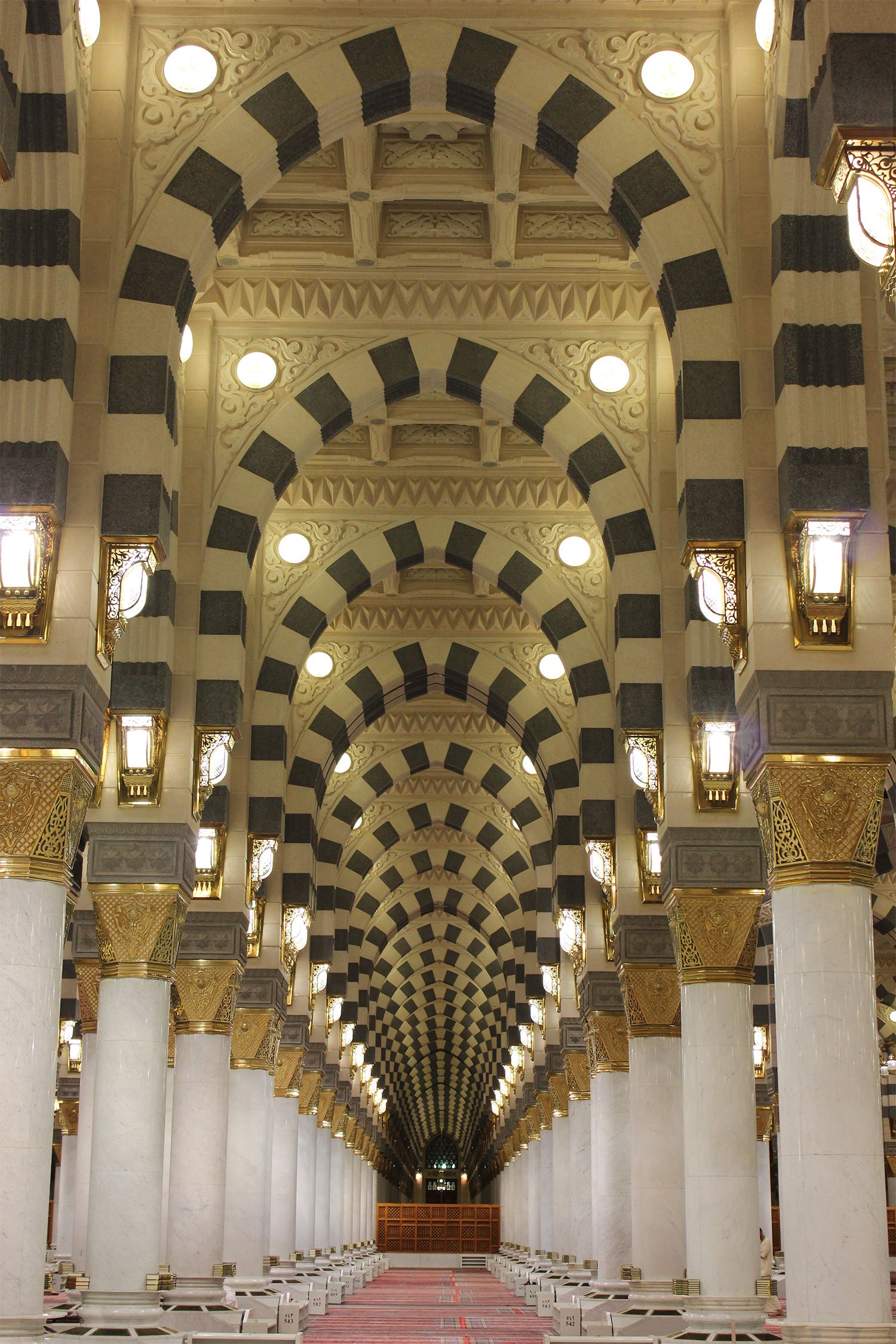
from generation to generation,
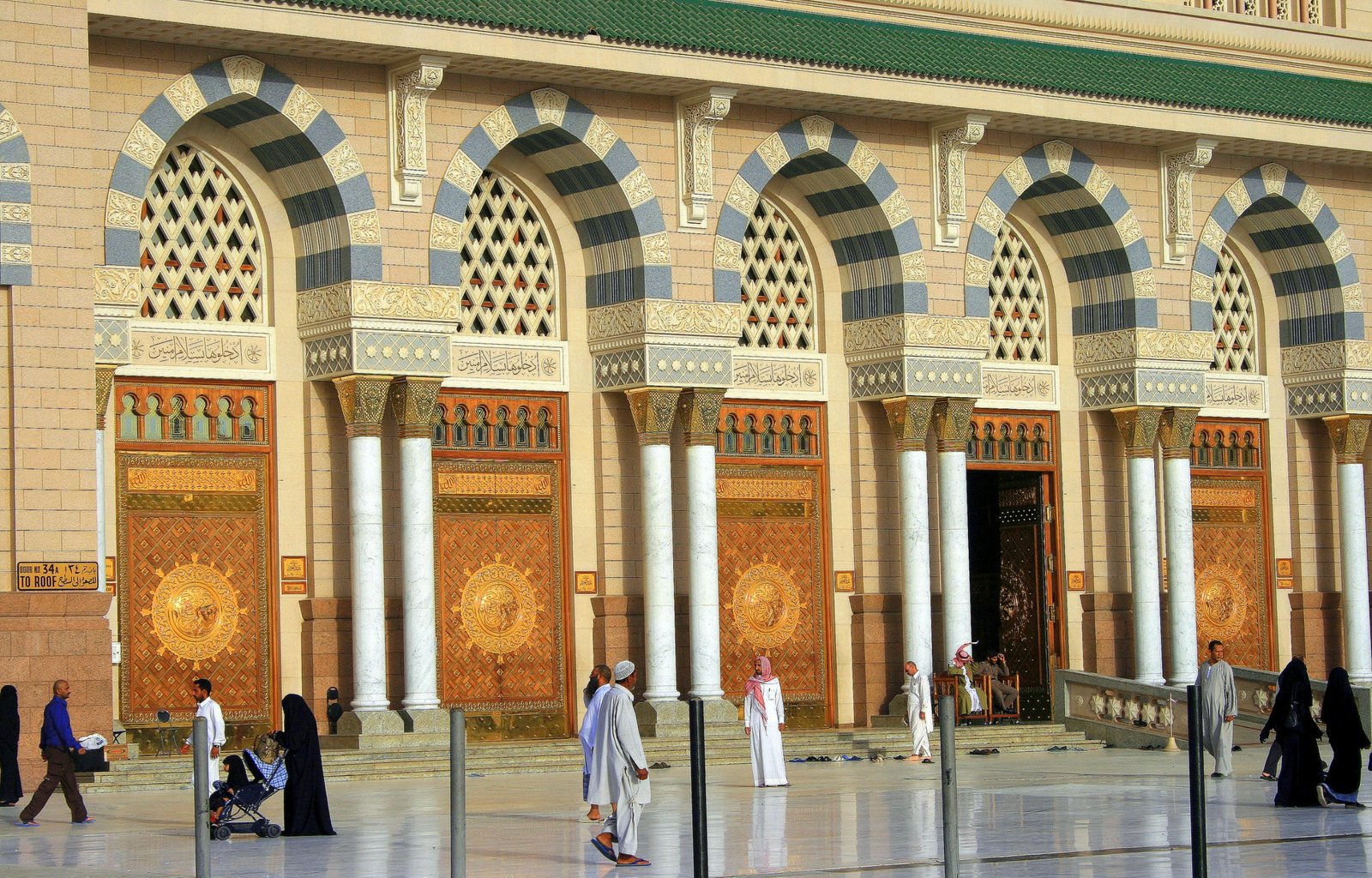
from teacher to student,

by men and women,
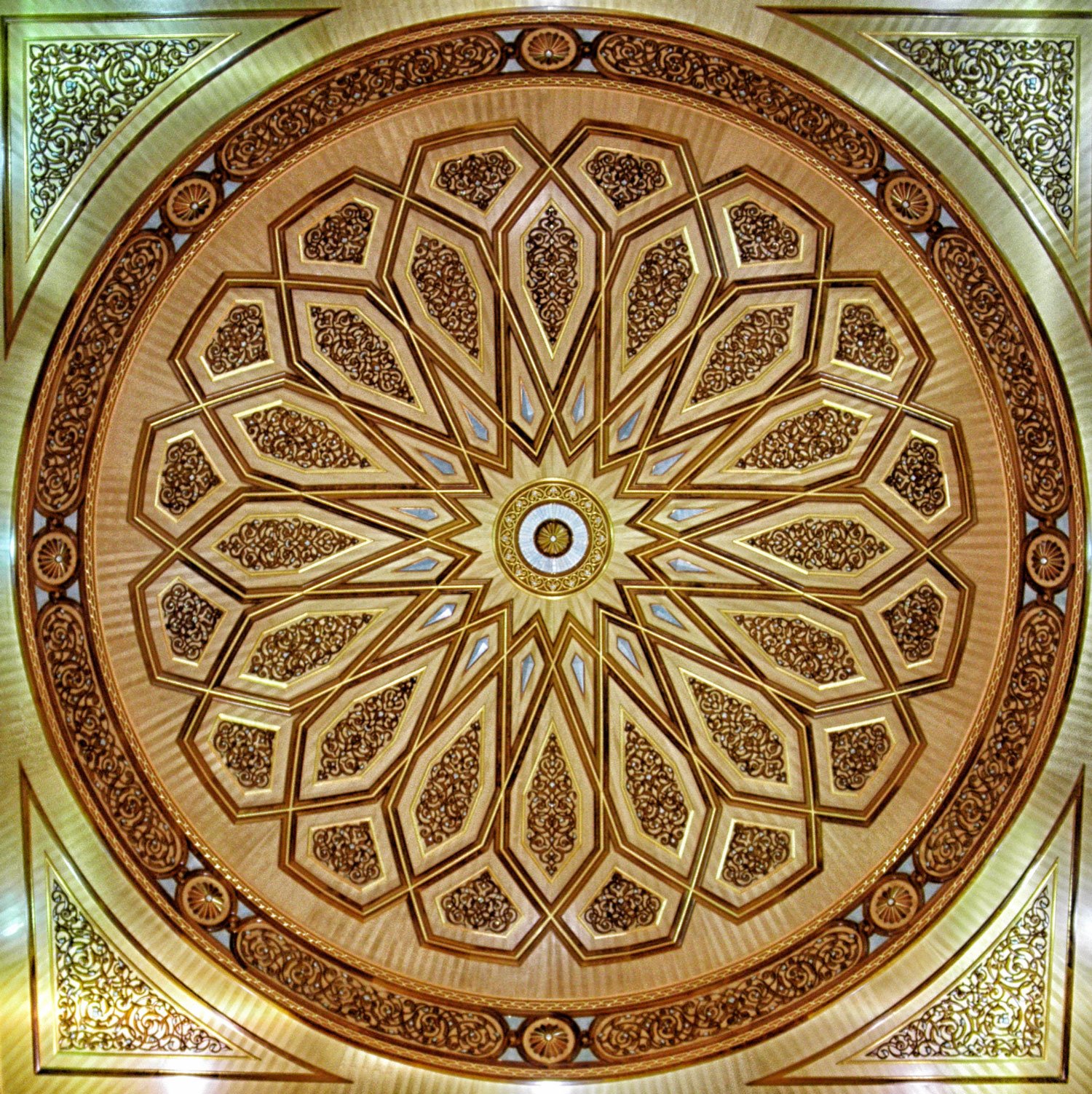
in form and spirit,
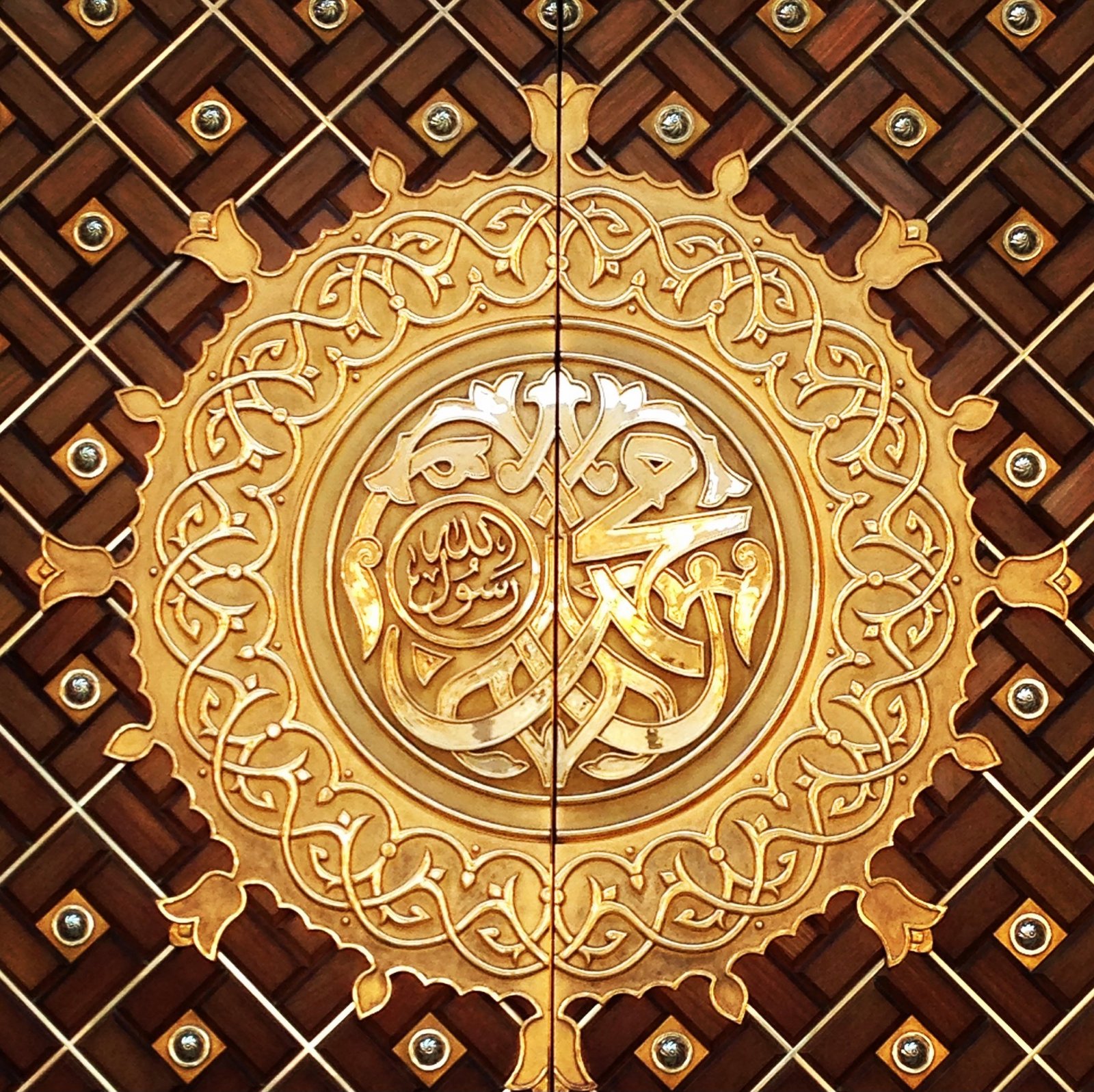
since the Prophetic era.
Four broad stages define the Islamic scholarly heritage — the pious period, the early period, the latter period, and the contemporary period.

Four main imperatives define the Islamic scholarly directive — preservation, transmission, conveyance, and cultivation.

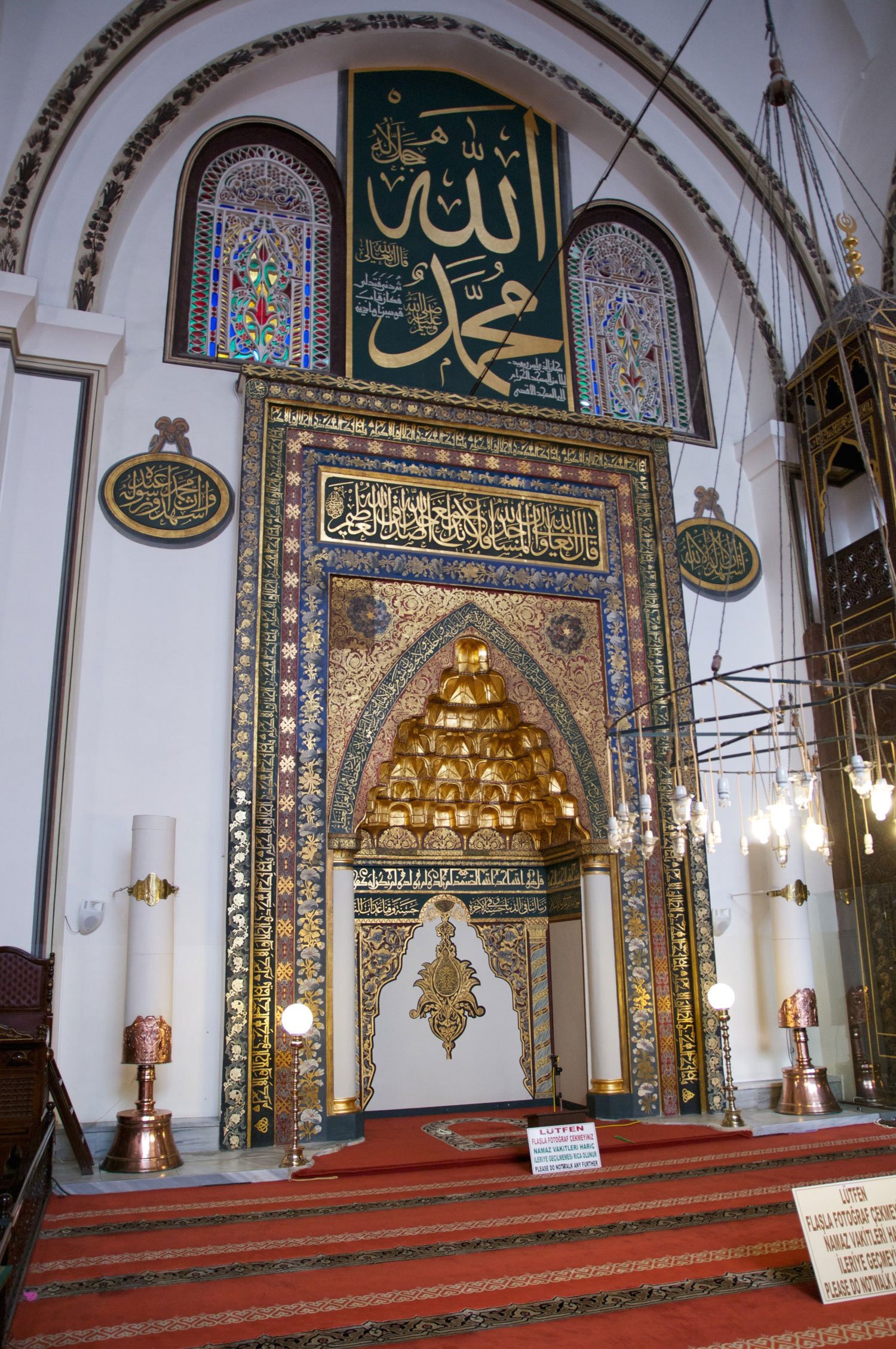
The first three generations of Islam are the founding fathers of the scholarly heritage. This is the stage of preservation.

Their trustworthy and tireless efforts, in transmitting the sacred texts and preserving the proper Prophetic understanding, form the basis upon which all of the primary Islamic sciences are built.

Sanctified by the Quran and Sunna and often referred to as the ‘pious predecessors’ (salaf), the scholars of this era were spiritual exemplars and bearers of legal precedent
Early Islamic scholarship began the process of building upon the foundational base of the pious period. This is the stage of transmission and proliferation.

Gathering, compiling, authoring, defining and codifying, they developed a systematic approach to the Islamic sciences that paved the way for coming generations.


Faced with new challenges, later generations of Islamic scholarship developed innovative ways of representing, restructuring and reassessing sacred knowledge. This is the stage of contextual conveyance.
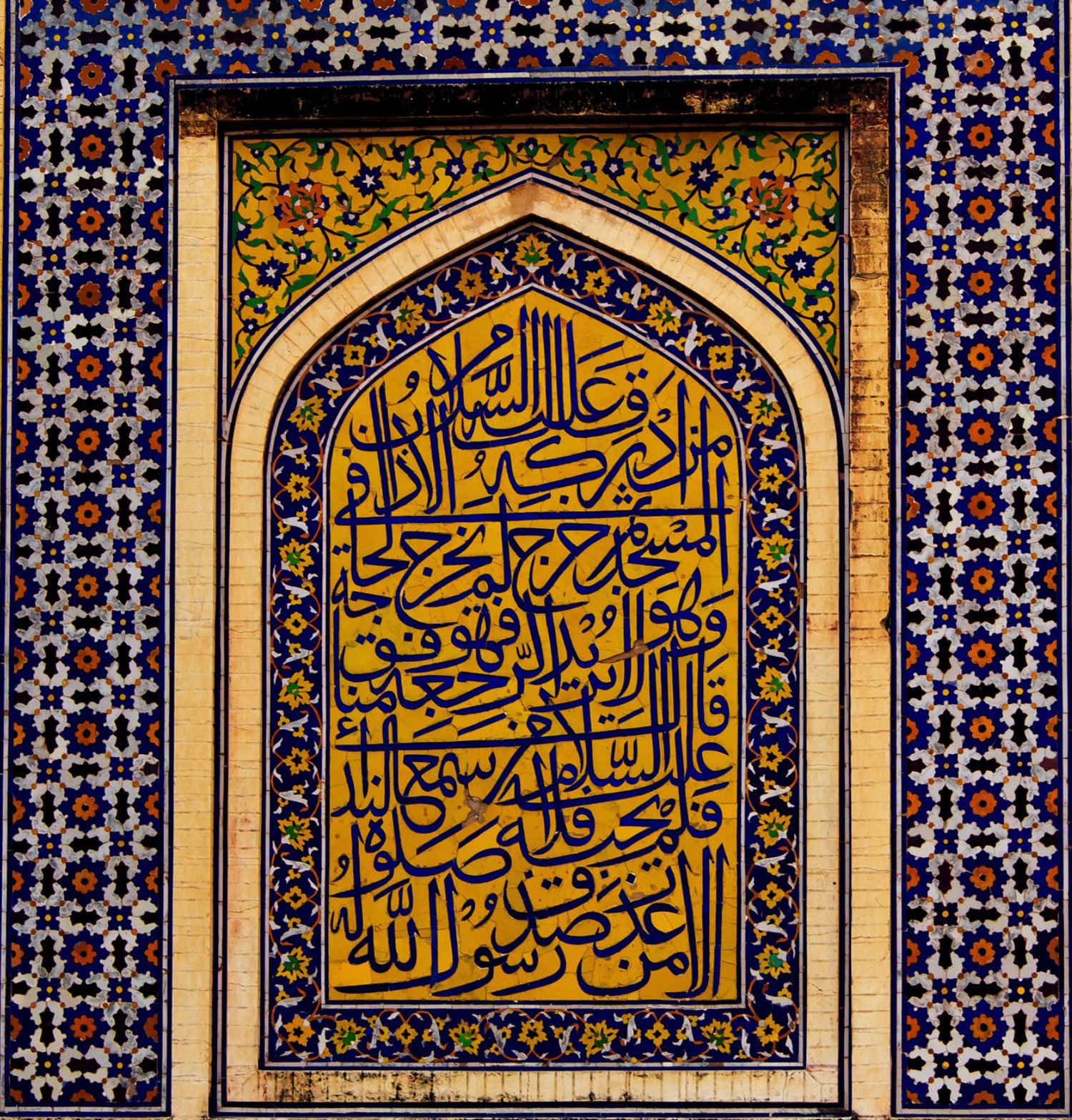
These great Islamic thinkers did not merely transmit the knowledge of the past, but interacted with it directly and deeply. They comprehended it, absorbed it, refined it, and – finally – added to it.
From the pious period until today, the corpus of Islamic sacred knowledge continues to grow, leaving a vast legacy, buried in books of the past, alive in prophetic inheritance of the present.
Even as modern challenges abound, upon that continuum, we define our period.
This is our tradition.

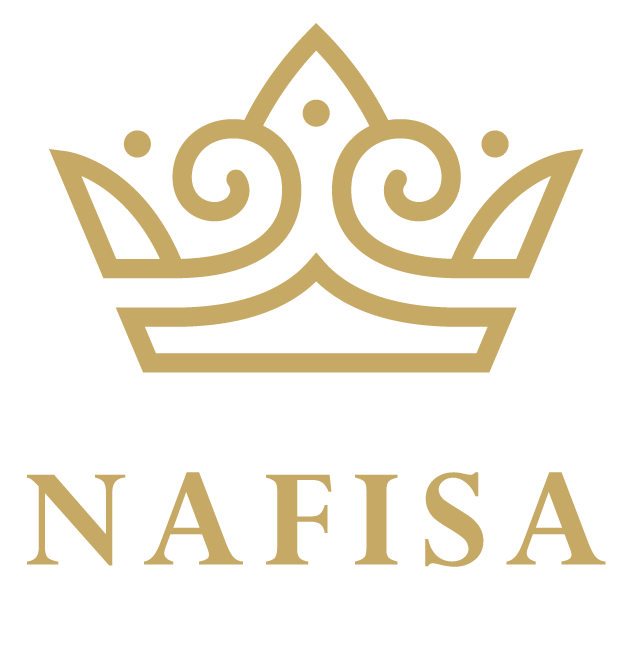
Among the greatest of these challenges is the sharp decline in Islamic female scholarship since the early period.
It is for this challenge that we are made.
COMING SOON
